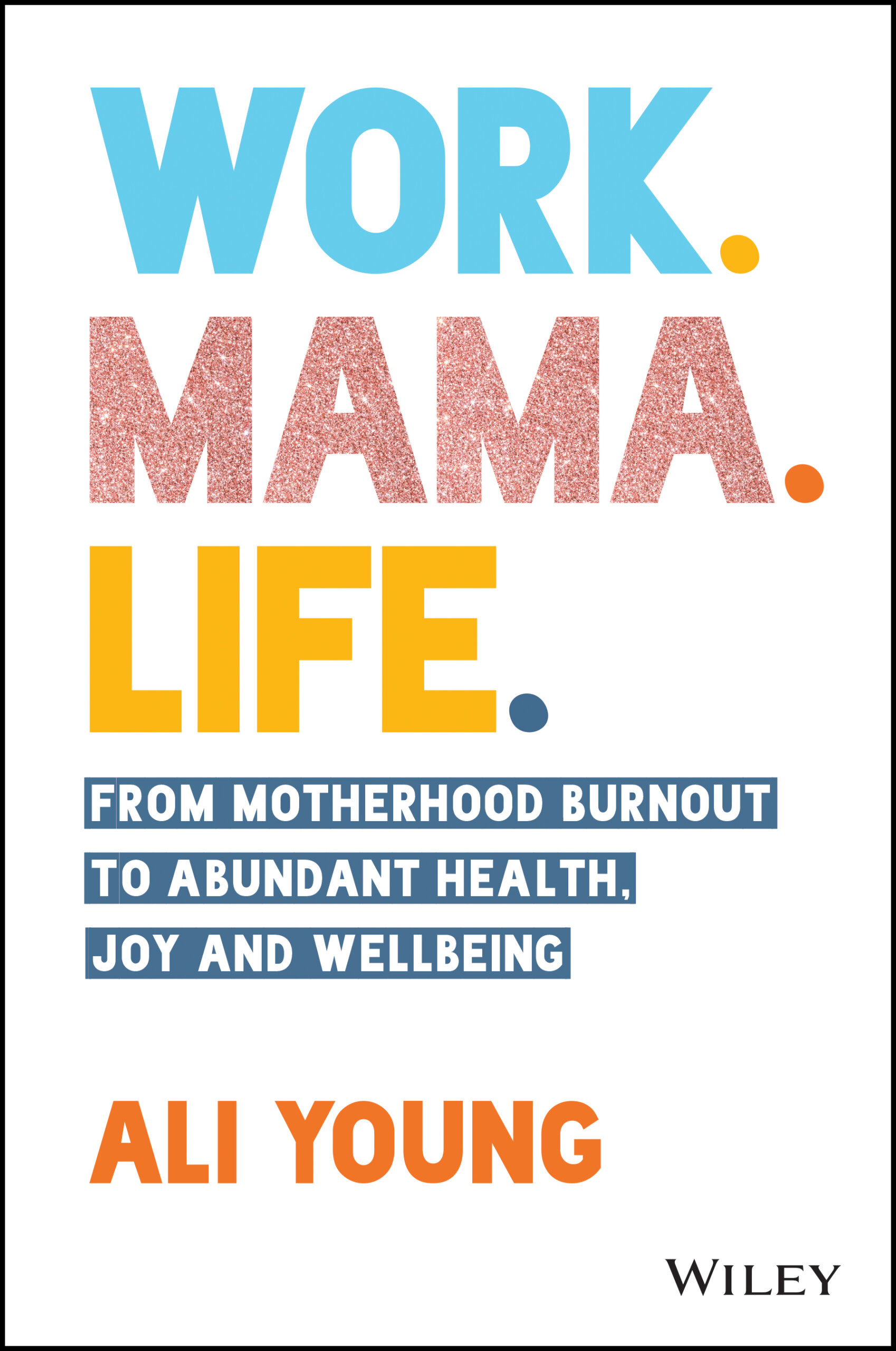The key to better sleep for all of us is to acknowledge initially that sometimes, if not every night, we can get woken up by the kids and that this will have a bearing on our sleep. We need to allow for that and increase our sleep time so we can still get the seven to nine hours that we need. One of the key things we can do as mums are to follow simple guidelines around sleep and how to achieve it. There is a wonderful integrative stress management and holistic wellness practitioner called Paul Chek. He discusses sleep quality and how we can influence it through some very simple actions at the end of the day. There is also a lot of information on the National Institute on Ageing website that will give you ideas on good sleep practices that you can integrate to minimise the effects of aging.
I’ve combined all of the pertinent information from both websites to provide a thorough viewpoint of how you can help yourself to sleep better — through a motherhood lens, of course:
-
Switch off.
Turn off your phones and devices a few hours before bed, or if you’re going to use them, wear blue light reduction glasses — and don’t take the devices to bed with you.
-
Have a consistent bedtime.
This is a big one for mums. The one thing we can control is the consistency of our bedtime, and how we can get our body used to sleep at a certain time.
-
Cap the caffeine.
Be mindful of caffeine choices and how they affect your sleep patterns. For me, coffee after lunch can really interrupt my sleep. Not the falling asleep part — the waking up at 2 or 3 or 4 am part. I’m pretty sure the coffee doesn’t allow my cortisol to drop to the levels it needs to, to encourage that quality deep sleep through the early hours.
-
Avoid late afternoon or evening naps.
These can throw out your sleep routine. This can be tricky if, like me and many mums I know, you had to lie with a child for a day nap and would ‘occasionally’ nod off. I was all for the middle-of-the-day sleep, however, anything after 3 pm was pretty self-destructive on my quality of sleep at night.
-
Develop a routine around the bed.
If you’ve followed me for a long time, you’ll know I use a Shakti acupressure mat as part of my sleep routine, to get my system into a calm mode, combined with some breathing techniques and the other things listed here. I just pop it directly on top of the mattress and lie on it on my bed. I fling it off the side of the bed when I’m done, and the wind-down from it is epic.
-
Use low light in the evenings.
Paul Chek is really big on this as it helps to support your natural circadian rhythms for the hormones that support sleep. Dim the lounge lights, use the night lights for the kids — or maybe even a salt lamp with its ambient light.
-
Keep your bedroom at a comfortable temperature.
We do this for our kids, but what about for ourselves? I love sleeping with the window open, I really love the breeze and fresh air and it helps regulate my circadian rhythm to the outside temp. But living in Queensland, during the summer I will sometimes use an air-conditioner, as it’s just too hot to sleep without it. I have felt guilty about the energy consumption, but it really helps my quality of sleep and is an important tool for keeping me healthy and my body regulated.
-
Do your exercise at regular times each day.
I’m sure the people who developed this weren’t thinking about mums in a very busy stage of life, but I still think that any exercise is better than none. If you can do it close to a particular time each day it will support the hormones and rhythms of your body better.
-
Avoid eating large meals close to bedtime.
Again, if this is the only time of the day you get to have a larger meal, by all means, do it. But if you can eat a bit earlier, say at 6 or 7 pm, and go to bed around 9 pm, then at least you’ve had some digestion time.
-
Avoid alcohol.
It may help you fall asleep faster, but it will consistently wake you during the night due to the sugar.
These are the tips that, on researching, I thought mums could incorporate into their day. Maybe not all of them — definitely not all of them at once — but trying to slowly change up those sleep rhythms and return your sense of self and soul to a calm sleeping environment could be the final piece in your health puzzle.

Edited extract from Work.Mama.Life. From motherhood burnout to abundant health, joy and wellbeing (Wiley $29.95), by Ali Young. Ali is a highly sought after speaker, chiropractor and online coach who helps mothers the world over rediscover the joy in their world, health in their bodies and connect with their families. For more information visit www.draliyoung.com









